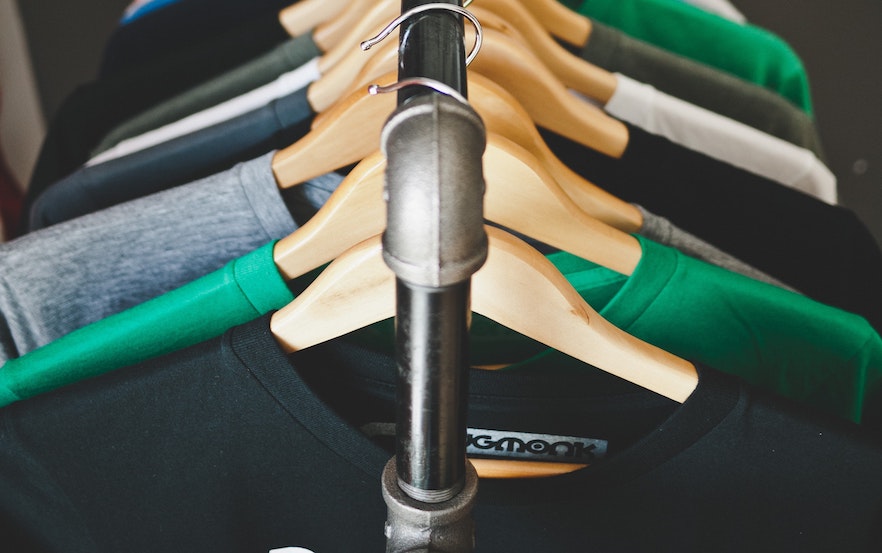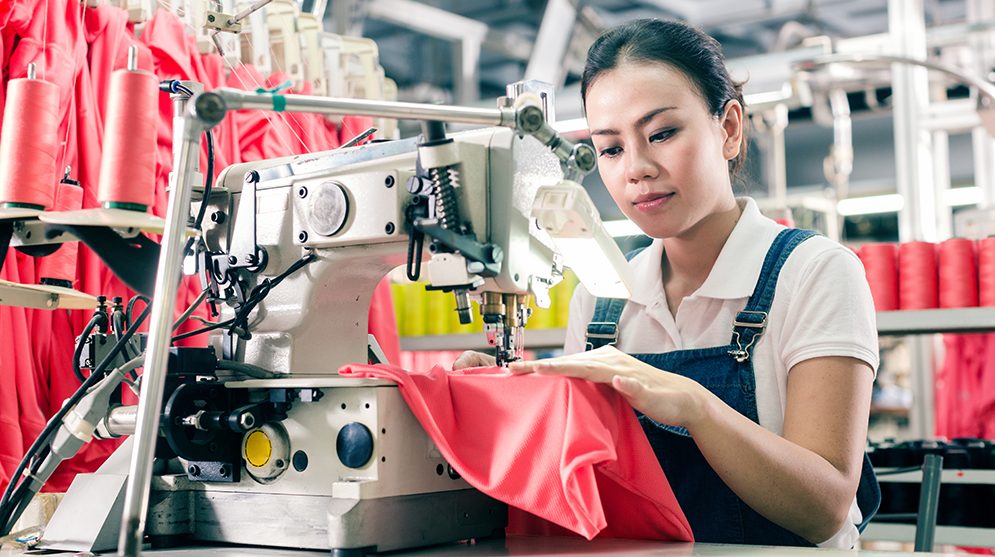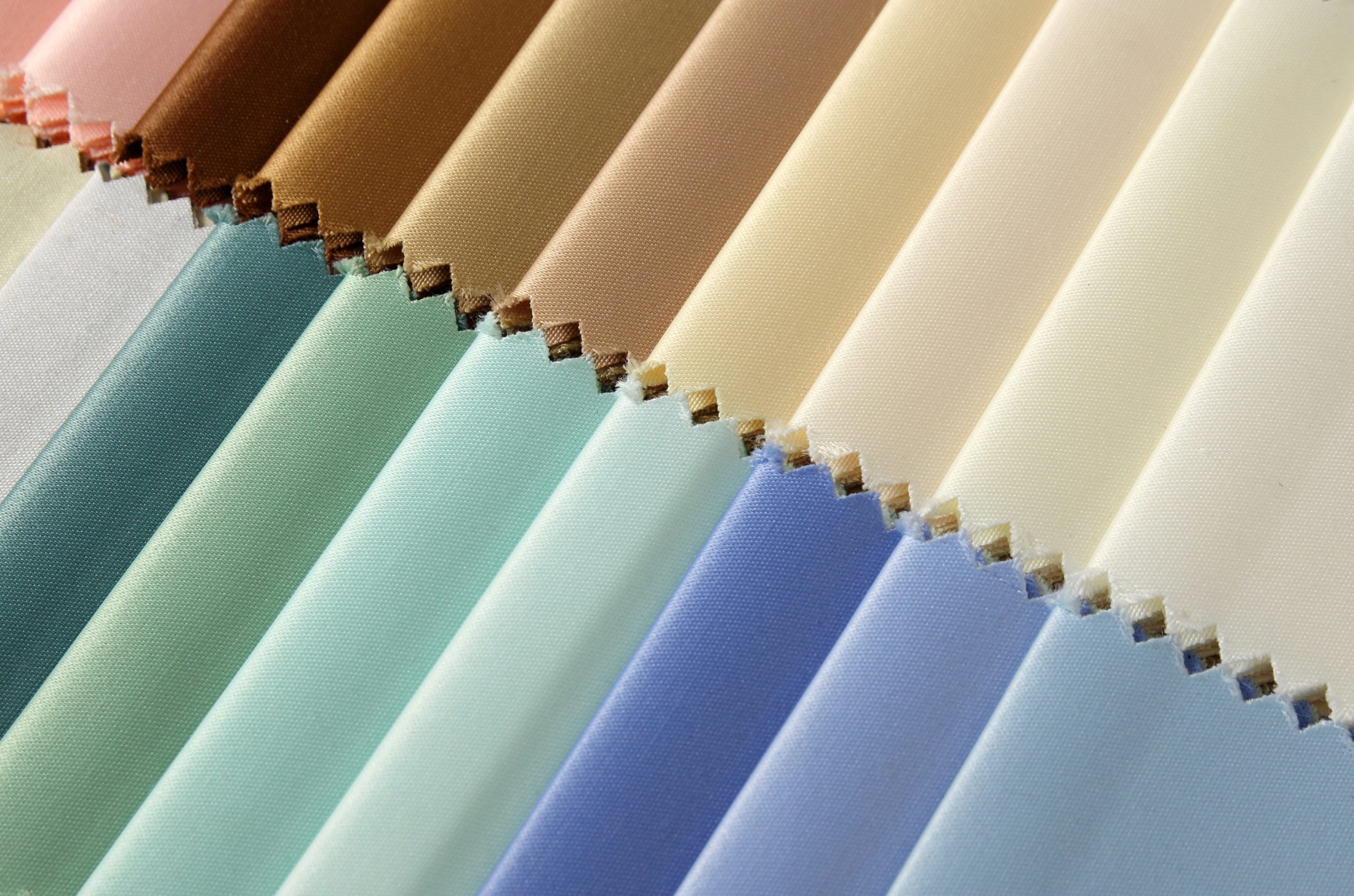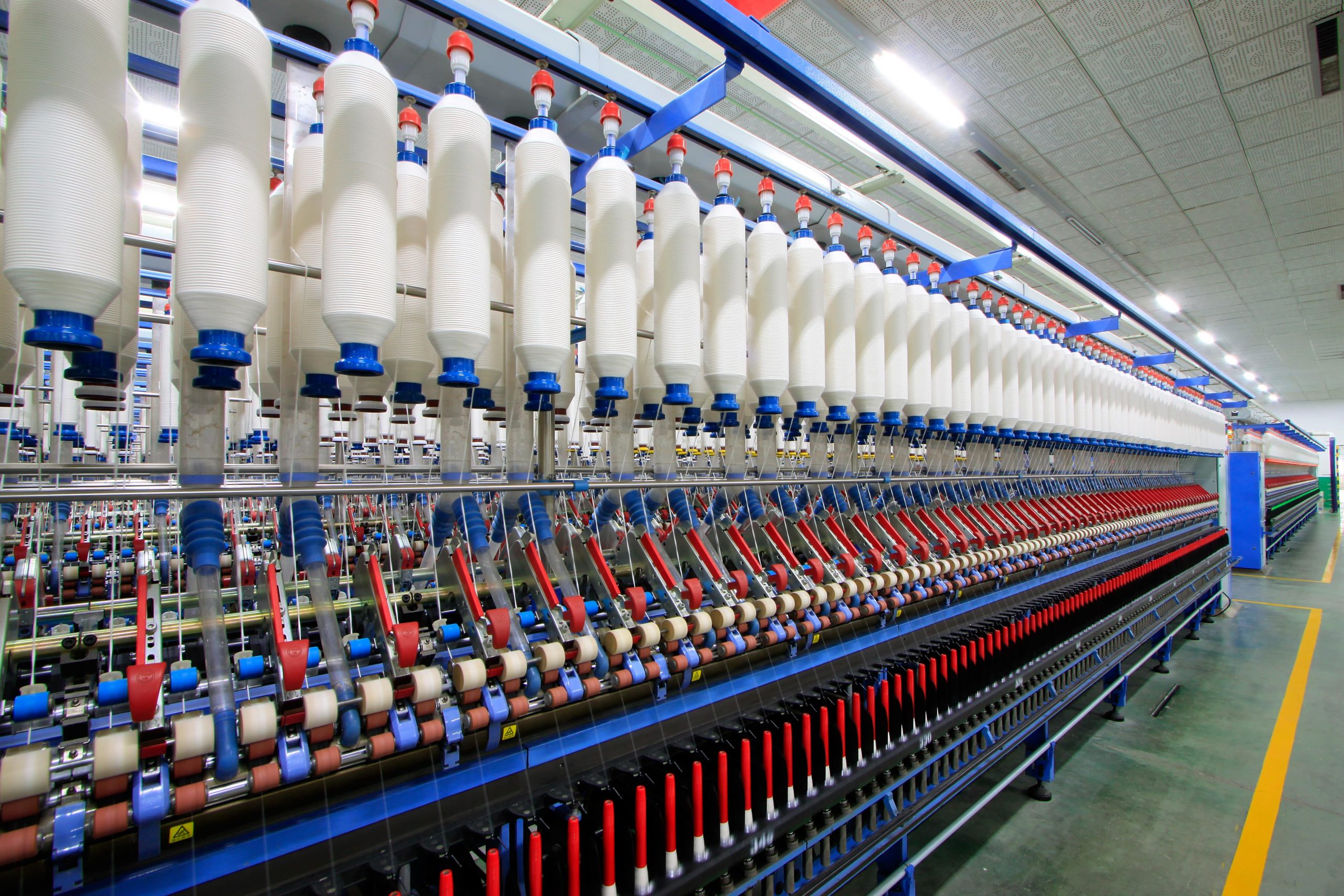In the late 19th century, laborers in the US would cut their jumpsuits into half to keep themselves cool during the summers. This is said to be the origin of the idea of a T- shirt. From being a quick summer alternative to an iconic statement of expression today, T- shirts have become an integral part of our lives!
There is a reason why clothing manufacturers are one of the major revenue contributors to the Indian market and to a large extent the global market as well. It is with pride that Tiruppur boasts holding a major share in this contribution. Commonly referred to as the knitting capital of India, a vast chunk of the textile production industry is based out of this city.
T- Shirts have been a quick fix for any occasion for several years now. Not only do they make us look good but also makes us feel comfortable in our own skin, thus boosting our confidence. Have you ever wondered what goes into the making of this simple yet essential commodity? Well it’s a little more elaborate than you’d think and so we’ve decided to break down the process for you.
Most garment manufacturers produce T-shirts that majorly fall under these three categories – 100% Cotton, 100% Polyester or a Cotton – Polyester Blend. The process of manufacturing however remains the same for all the three categories. Itl begins with selecting the right raw materials for the T- shirt. The durability of these materials stands as a deciding factor while checking the quality of the output.
The primary raw material is the cotton bale which is a large rectangular block of cotton that is brought in from the farms to the spinning mill. It is here that these bales undergo certain treatment to be converted into long threads that are commonly referred to as yarns. The yarns are then knitted together to get long folds of fabrics that’ll be later converted into T-shirts. But one important step before we get into stitching is the dyeing process. Based on the client’s needs, the fabrics are dyed into their respective colours.
Dyeing is an extensive process that requires a lot of time and manual labour to ensure that the colours come out vibrant and stay that way for a long period of time. The first evidence of dyeing in India dates back to the Indus civilization, where at Mohenjodaro a piece of cotton was found dyed using vegetable dyes. No wonder our people love their colours so much!
The dyed fabrics are then sent for cutting into square pieces based on the required size and dimension before they are stitched together. These T-shirts are finished with a desired design which is either printed or embroidered onto the tees.
Although this seems like the end, a very crucial stage remains. The Quality Assurance Test. This is where each tee is checked to see whether it meets the demands of the client in terms of it’s quality, durability, colour, design and size. The tee undergoes processes like the wash test and other tests before the desired quality is verified. A sample tee is then sent to the client for approval. Once approved, bulk manufacturing begins which is dispatched after ironing and packaging.
T-shirts weren’t largely accepted as a part of pop culture till Marlon Brando sported it in the movie ‘A street car’. James Dean too played a role in making T-shirts gain popularity. They slowly started going beyond just being about style to becoming a medium of expressing oneself, one’s likes, dislikes and opinions. So it shouldn’t be too surprising to know that these statement pieces undergo an extensive making process before they reach your wardrobe. Here’s where clothing manufacturers come into play to ensure that only the best pieces are delivered to you.
Cotton Monk which has established for itself a place in the apparel manufacturing business, has delivered several interesting designs in the best possible quality by ensuring that every stage of the manufacturing process is handled with care. Quality testing in the clothing industry is no cake walk, considering the various phases a tee shirt goes through. But at Cotton Monk, monitoring quality and course correcting is easier because we have under our wings, the end-to-end set up for manufacturing T-shirts. Decades of experience in the industry has helped us understand the business of making T-shirts like no one does.
So the next time you wear your favourite expression, you can walk the streets a little more proudly knowing what went into making that beautiful piece!



